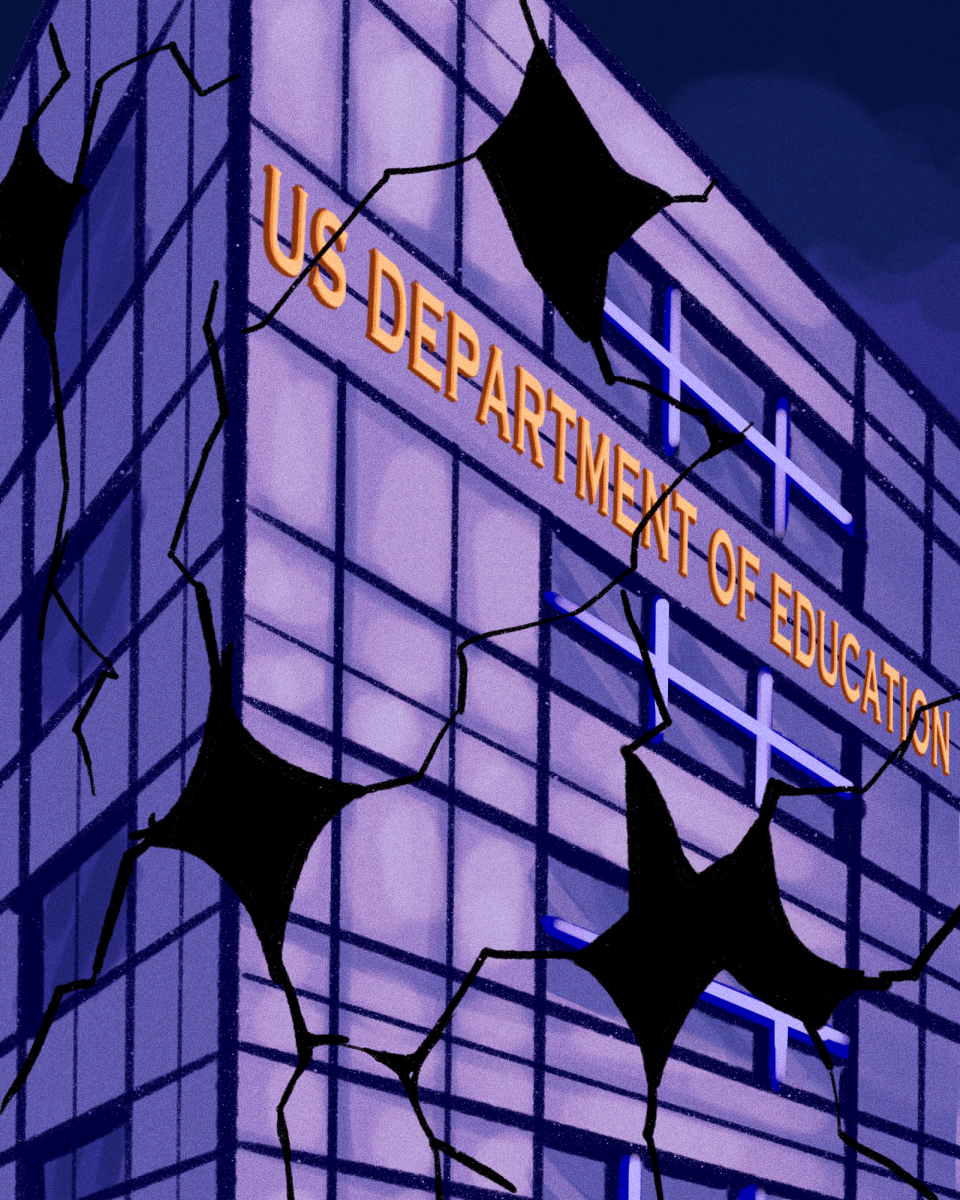More than a third of university chief financial officers, including UT CFO Kevin Hegarty, are more optimistic about their institution’s financial prospects than they were a year ago, according to a report from The Chronicle of Higher Education.
CFOs from public and private four-year institutions and public two-year institutions, totaling 480, across the nation participated in the survey, which included questions on topics ranging from the economy to cost-cutting methods and internal administrative concerns.
“I think we’ve got a lot of clouds on the horizon in respect to people questioning what I feel are the fundamental underpinnings of higher education,” Hegarty said. “But I feel that for as many people who think that needs to change, there are more people who think we need thoughtful change rather than just jumping to [easy answers.]”
One easy answer Hegarty cited was universities increasing tuition in larger increments than before. Average public four-year schools’ in-state tuitions increased 7.9 percent to $7,605 for the 2010-2011 academic year, up from $7,050 in 2009-2010, according to The College Board’s “Trends in College Pricing 2010.” UT increased its tuition by 5.5 percent, to about $9,000 per academic year, during the
same period.
“We could have chosen to sit back and say ‘How do we ride this out until the economy is back to where it was?’” Hegarty said. “Or we could say ‘Let’s try to improve our levels today, so that if the economy comes back we’re even stronger.’”
Hegarty said difficult economic times have caused UT and other universities to be more thoughtful and strategic about spending existing monies, rather than working to
increase revenue.
“It’s easy to focus on the money we didn’t get from the state — roughly $50 million a year,” Hegarty said. “[Instead], let’s focus on what we do have.”
Hegarty said UT’s relatively low tuition rate compared to private institutions, including Ivy League schools, has helped the University.
“People are saying ‘Hey, for what I get, UT and similar institutions are a greater value,’” Hegarty said. “It’s reflected in the number of applications we get for freshmen. [Some schools] have seen declines in the number of applications they receive.”
Andrew Clark, vice chair of the College of Liberal Arts College Tuition and Budget Advisory Committee, said when the program started last year he was not sure what to expect about the college’s financial future. The committees are a program of the Senate of College Councils designed to increase transparency about the budget between administrators and students.
“As the year went on I did get more optimistic,” Clark said. “In a bleak time it’s hard to be optimistic, but I think we’re
moving forward.”



















